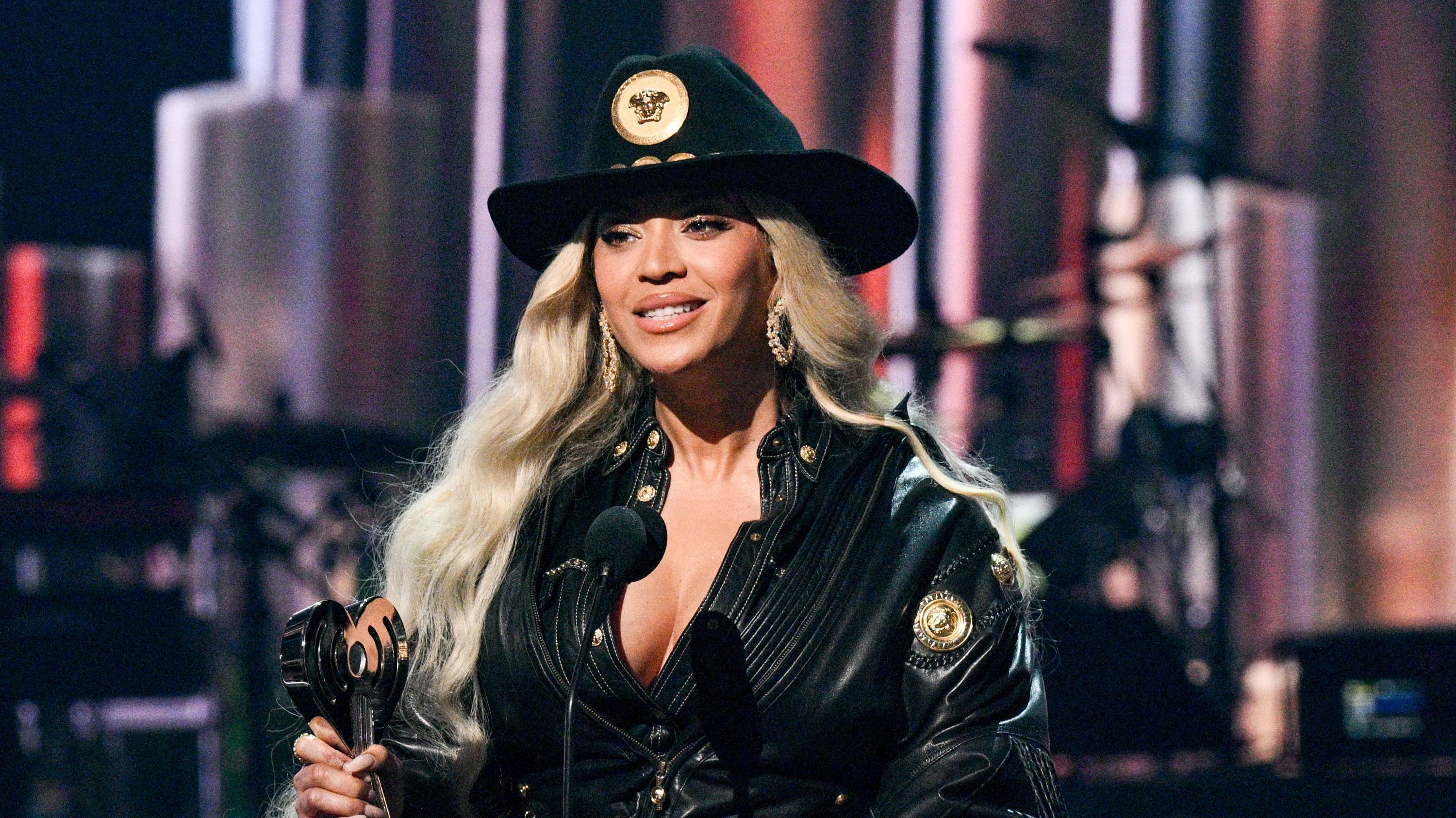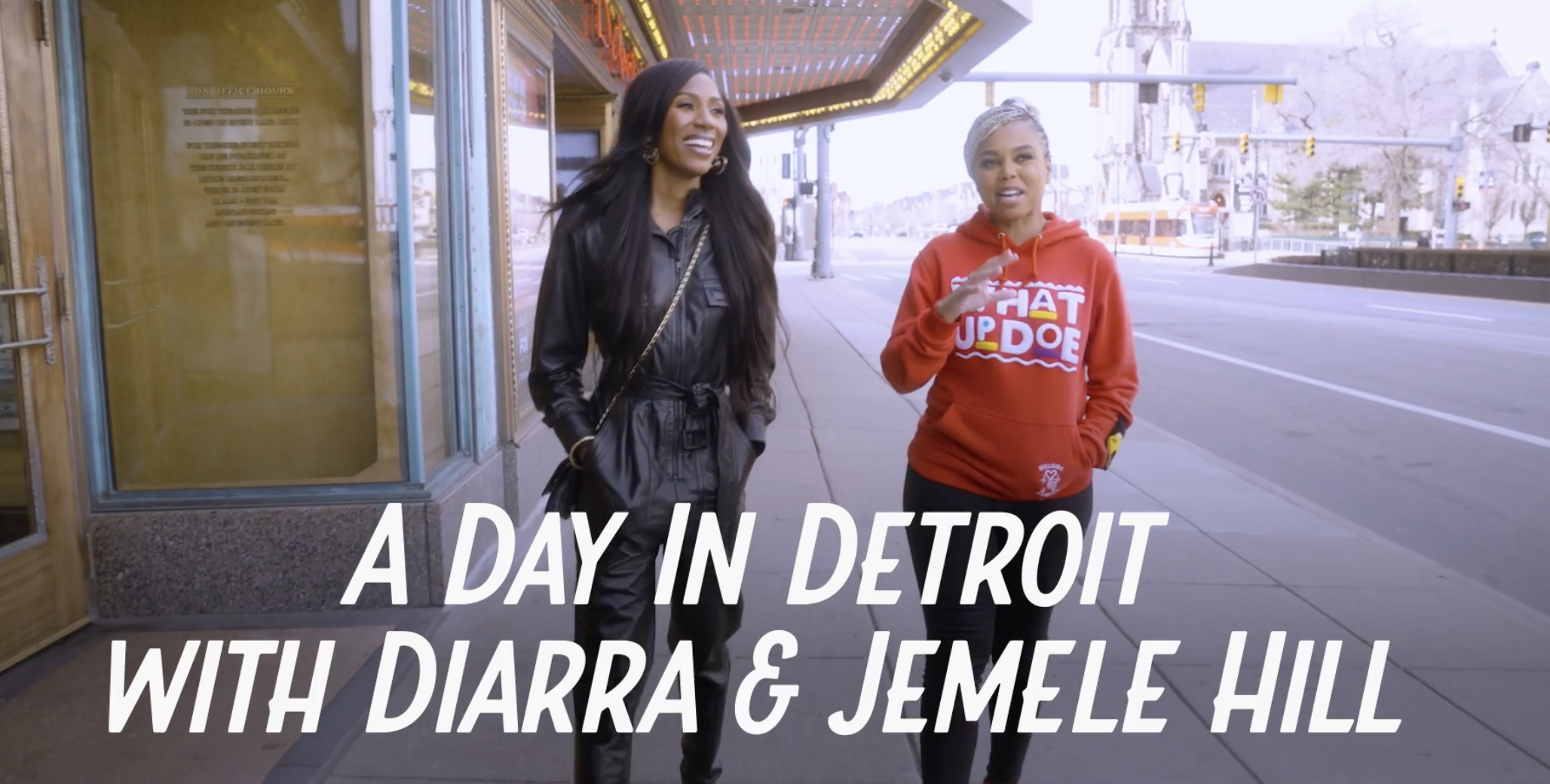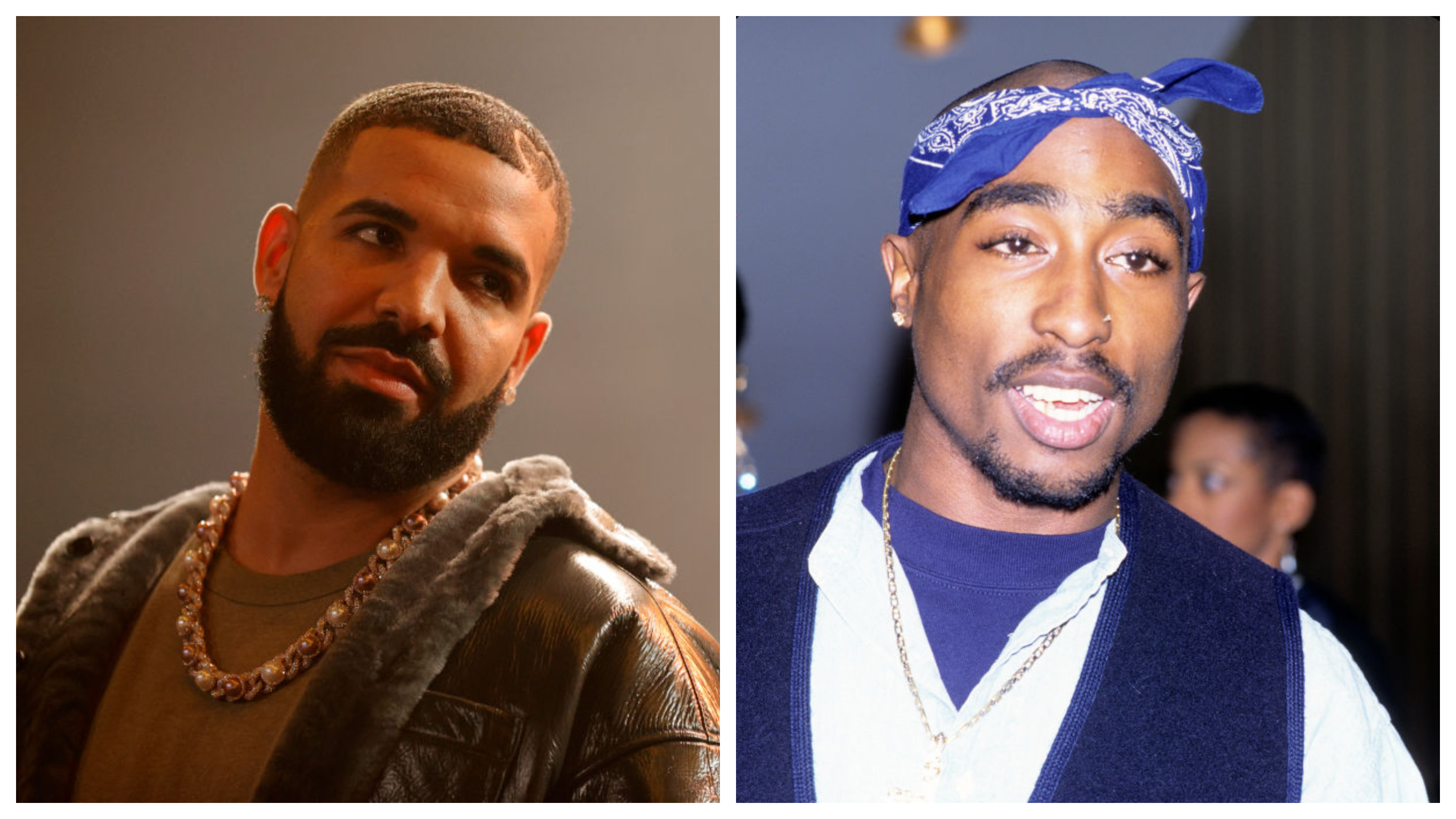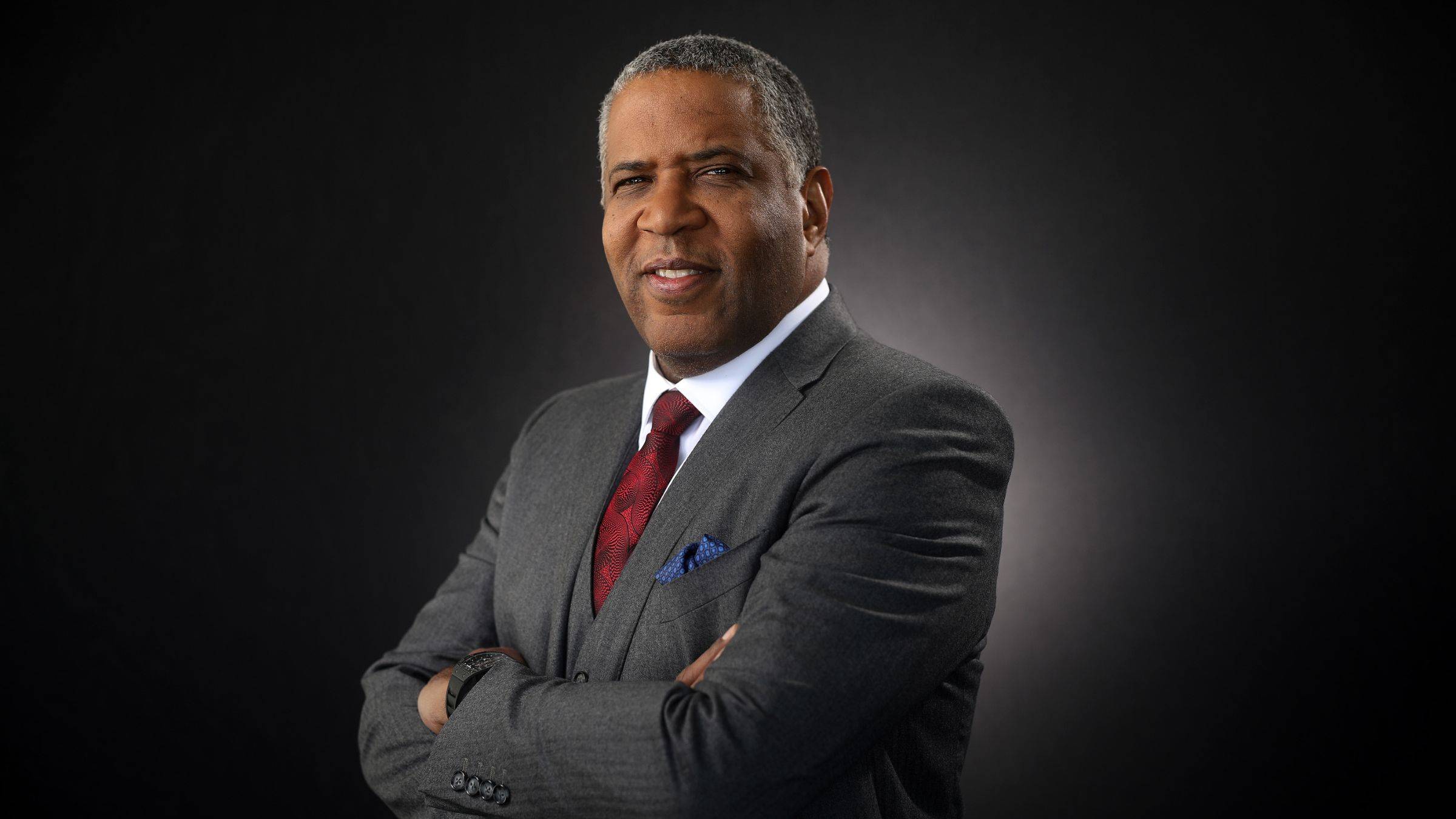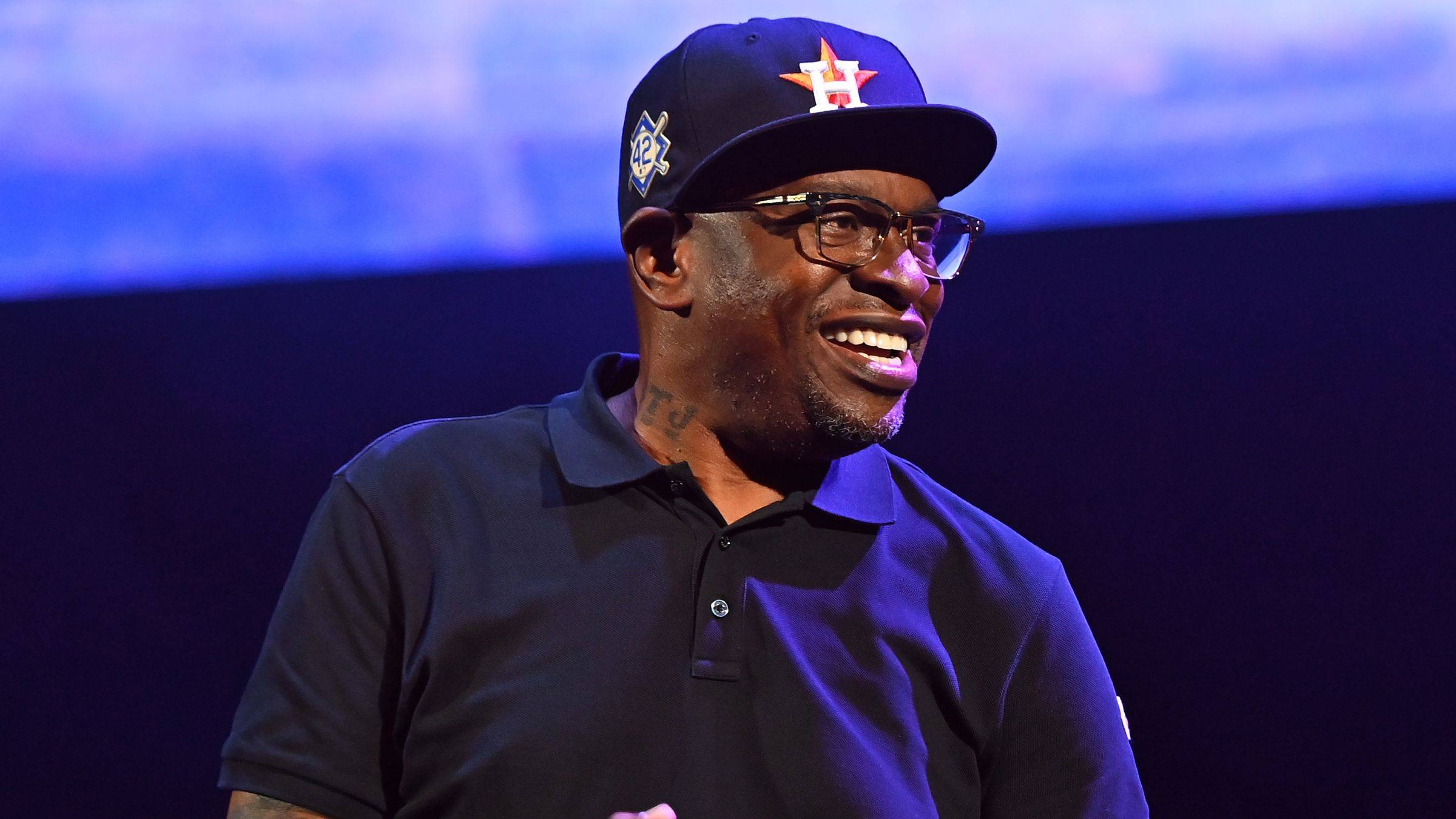OPINION: How George Floyd Changed the World To Form A Break In The Chain Of Oppression
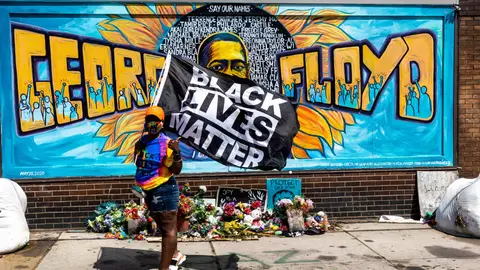
George Floyd changed the world.
One year ago, the world paused to witness the ugliness of racial hatred and white supremacy manifesting in the form of a white police officer, Derek Chauvin, who used his knee and body weight to choke the life out of Floyd, a Black man, over an alleged counterfeit $20 bill. Floyd’s deadly encounter with Minneapolis Police sent shockwaves to those who had willfully refused to acknowledge the depths of police violence against Black people in this country.
It sent a chilling reminder to Black people that we are still not free and still not being treated as human beings in a country that our enslaved ancestors labored and toiled to help build.
Floyd’s murder and circulation of the bystander video taken by then 17-year-old Darnella Frazier became a local, national and international cry for justice and accountability within hours. Demonstrations and uprisings took place in Minneapolis, across the country and across the world.
RELATED: Philonise Floyd Remembers His Brother George, One Year After His Tragic Death
Some buildings were burned, including the Third Precinct Police station where Chauvin and the other officers worked. Some protesters sustained serious injuries from the less lethal and chemical weapons that were deployed. White vigilantes attacked Black people and other peaceful protesters.
And millions of people marched and demonstrated to demand justice. They demanded the swift firing of Chauvin and the three other officers who helped kill Floyd as well as murder charges.
After being on trial for three weeks, on April 20, 2021, a diverse jury of his peers found Chauvin guilty of second-degree murder, third-degree murder and manslaughter. Black residents of Minneapolis and Black people around the country and the world breathed a collective sigh of relief when the verdict was read and Chauvin was led away from court in handcuffs.
This was an outcome that many did not think was possible because the system is designed to allow police officers to kill people with impunity. That is the reason that out of the thousands of police killings that have happened in recent years, only a handful of police officers have been convicted of murder. This must change, and the system of policing itself must be drastically overhauled and transformed.
Since Floyd’s murder, the Minnesota Legislature has passed a handful of watered-down police reform bills, which are a disgrace. Other jurisdictions have taken more serious action, such as New York City becoming the first locale to end qualified immunity. Maryland overhauled its police bill of rights. Many jurisdictions have banned chokeholds and neck restraints like the one used on Floyd.
The city of Brooklyn Center (10 miles from Minneapolis) recently passed sweeping police reforms, including placing significant limits on armed police officers conducting traffic stops after the police shooting death of Daunte Wright, a 20 year-old Black man and father killed during a bogus traffic stop in the midst of the Chauvin trial.
Floyd’s family and supporters have lobbied for the passage of the George Floyd Justice in Policing Act, while some argue that the proposed changes will be incremental and not significant enough. At the conclusion of the Chauvin trial, the Department of Justice announced an investigation into the Minneapolis Police Department, and federal civil rights charges have been brought against all four officers connected to Floyd’s murder.
These efforts are an important step, but there is much more that needs to be done to fundamentally transform policing in this country to prevent unnecessary loss of life, the overcriminalization of Black people, racial profiling, and violence at the hands of police. The cases of those who were killed before Floyd and after need to be opened and/or reopened and viewed through a racial justice lens.
Justice is nothing without ridding Black people of oppression. Chauvin’s conviction is not the end of the cycle but simply one break in the chain of systematic racism.
Nekima Levy Armstrong is a civil rights attorney, activist and executive director of the Wayfinder Foundation.

